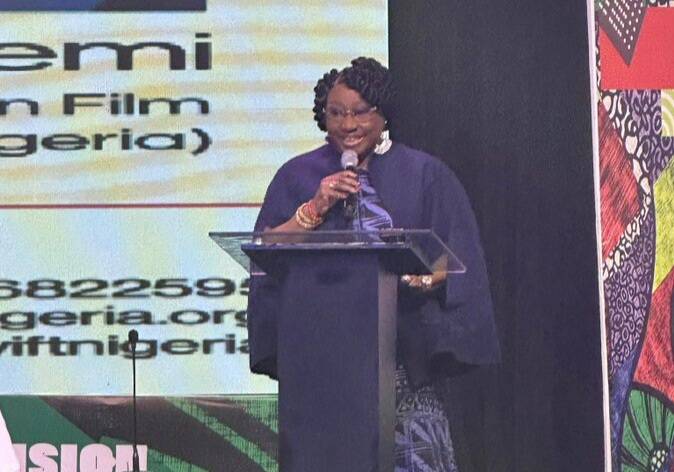The Economic and Financial Crimes Commission (EFCC) has cautioned that the surge in internet fraud, popularly known as “yahoo-yahoo,” is worsening visa restrictions for innocent Nigerians seeking to travel abroad.
The agency’s chairman, Ola Olukoyede, explained that online fraud not only destroys the future of perpetrators but also damages Nigeria’s global reputation, leading to stricter immigration policies against law-abiding citizens.
Olukoyede, represented by Chief Superintendent of the EFCC, CSE Coker Oyegunle, gave the warning on Monday during a programme in Port Harcourt, Rivers State, hosted by the Coalition of Nigerian Youth on Security and Safety Affairs.
His remarks were later contained in a statement issued by the commission on Tuesday.
According to him, “The EFCC boss highlighted that internet fraud, money laundering, and economic sabotage cost Nigeria billions of naira annually, undermining national growth and depriving citizens of infrastructure, jobs, and opportunities.
ALSO READ: FIRS, EFCC deepen partnership to enforce voluntary tax compliance
“Beyond the economic damage, he pointed out that the crimes erode Nigeria’s international image and subject innocent Nigerians to stricter visa restrictions abroad.”
He urged youths in the South-South and across Nigeria to channel their creativity into digital innovation, entrepreneurship, agriculture, and the creative industry rather than engaging in fraud.
“Fraud is not success; it is a trap. Easy come, easy go. Many who follow the path of ‘yahoo-yahoo’ always end up losing their freedom, reputation, and future. The law is catching up with them and digital footprints never disappear. Don’t destroy your tomorrow with shortcuts today,” Olukoyede stated.
The EFCC chief further assured that the commission would step up public enlightenment, strengthen enforcement, and work closely with communities in the fight against cybercrime.
Other agencies also addressed the gathering. The National Drug Law Enforcement Agency representative, Mathew Ewah, described drug abuse as a major threat to Nigerian youths, while the Nigeria Security and Civil Defence Corps warned against pipeline vandalism in the South-South region.
The EFCC has recently intensified operations against internet crime. In August, its Lagos Zonal Directorate arrested 38 suspected fraudsters in Ikorodu, recovering vehicles, mobile phones, and substances believed to be narcotics.
Similarly, the Benin Zonal Directorate secured the conviction of 12 individuals, including two brothers, for offences ranging from advance fee fraud to possession of fraudulent documents.
Meanwhile, in July, the United States adjusted its visa reciprocity schedule for Nigeria, reducing the validity of some non-immigrant visas—such as B1/B2 business and tourism visas, along with F and J student and exchange visitor visas—to three months, limited to single entry.







